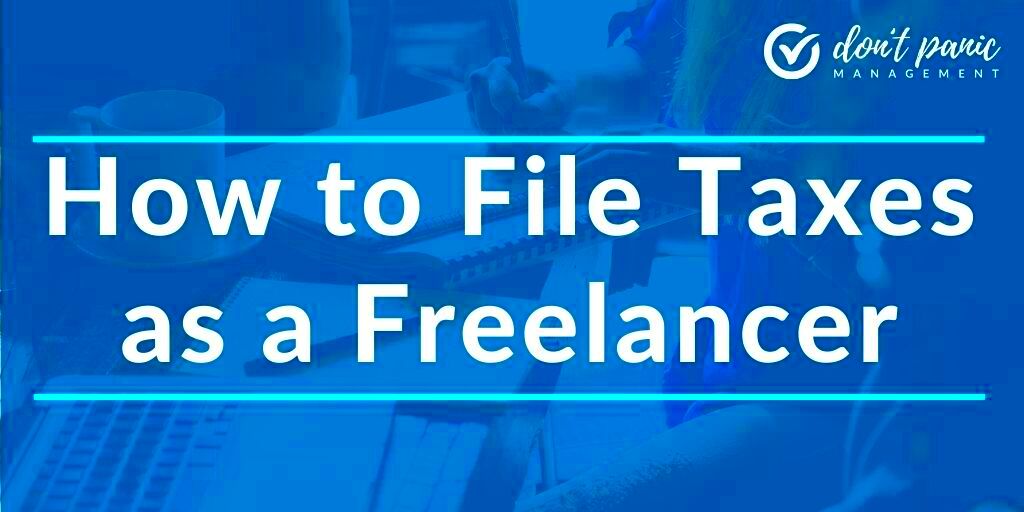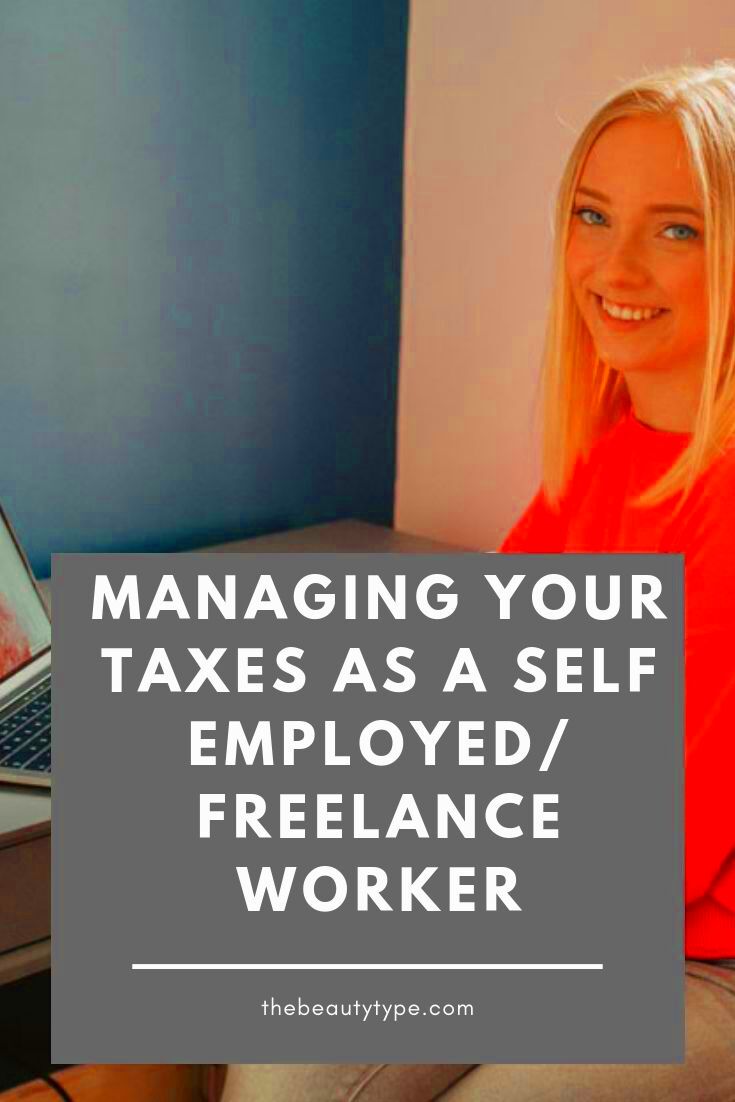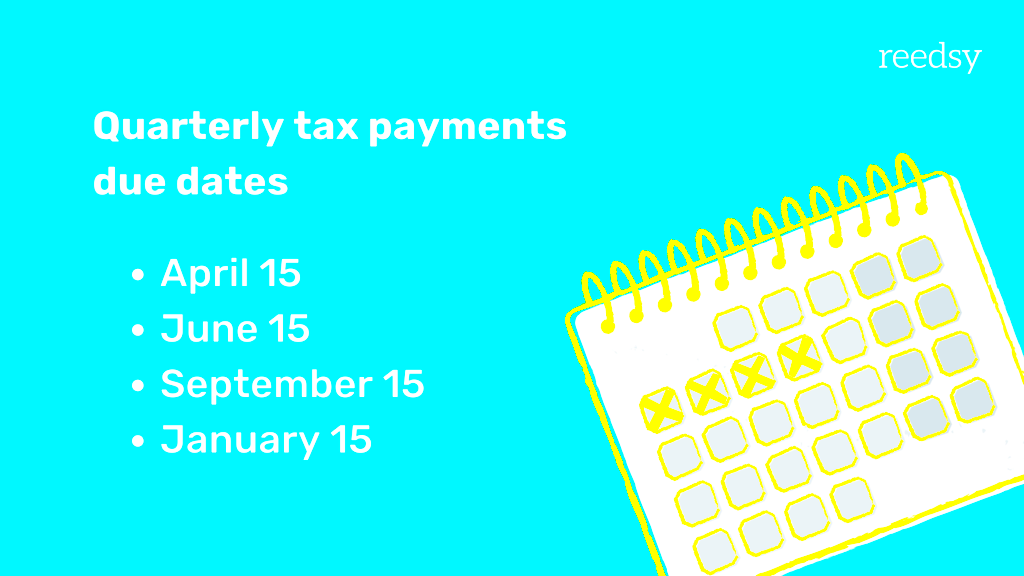Freelancing offers flexibility and independence, but it also comes with the responsibility of managing your taxes. Understanding how taxes work as a freelancer is crucial for your financial health. Unlike traditional employees, freelancers must handle their tax payments. This includes not only income tax but also self-employment tax. Many freelancers feel overwhelmed by the tax process, but with the right knowledge, you can navigate it confidently. Knowing your obligations and planning ahead will help you avoid surprises when tax season arrives.
Different Types of Taxes Freelancers Need to Pay

As a freelancer, you will face various types of taxes. Here are the main ones to consider:
- Income Tax: This is the tax on your earnings. You will report your income on your tax return and pay tax based on your total income for the year.
- Self-Employment Tax: Freelancers must pay this tax, which covers Social Security and Medicare. The current rate is 15.3% on your net earnings.
- Estimated Taxes: Since taxes aren’t withheld from your pay, you need to make estimated tax payments quarterly based on your expected income.
- State and Local Taxes: Depending on where you live, you may owe state and local taxes as well.
Each type of tax has its rules and deadlines, so it’s essential to understand them to stay compliant.
Also Read This: Is Fiverr Safe to Become a Seller?
How to Keep Track of Your Income and Expenses

Keeping accurate records of your income and expenses is key to managing your taxes effectively. Here are some tips to help you stay organized:
- Use Accounting Software: Tools like QuickBooks or FreshBooks can help you track income and expenses easily.
- Maintain Separate Accounts: Consider opening a separate bank account for your freelance work. This makes it easier to track business transactions.
- Keep Receipts: Store digital or physical copies of your receipts. They are essential for substantiating your deductions.
- Review Regularly: Set aside time each month to review your finances. This helps catch any discrepancies early.
Creating a simple spreadsheet can also be effective. You can list your income and categorize expenses to see where your money goes. This not only helps with taxes but also with budgeting for future projects.
Also Read This: How to Delete Notifications on Fiverr: A Step-by-Step Guide
Setting Aside Money for Taxes

As a freelancer, managing your finances is essential, especially when it comes to setting aside money for taxes. Unlike traditional employees who have taxes withheld from their paychecks, freelancers must take proactive steps to ensure they have enough money for tax payments. Failing to set aside the right amount can lead to stress during tax season. Here’s how you can effectively manage this process.
Start by determining what percentage of your income should go towards taxes. A common rule of thumb is to set aside around 25-30% of your income for federal and state taxes. Here are some tips to help you set aside money:
- Open a Separate Savings Account: Create a dedicated account for your tax savings. This keeps your tax funds separate from your everyday spending.
- Automate Transfers: Set up automatic transfers to your tax savings account each time you receive a payment. This makes saving easier and ensures you don’t spend that money.
- Calculate Quarterly Payments: As a freelancer, you are required to make estimated tax payments quarterly. Plan your finances to meet these deadlines.
- Adjust as Needed: Monitor your income and expenses regularly. If your income increases or decreases, adjust your savings rate accordingly.
By taking these steps, you’ll be better prepared for tax payments and reduce the stress associated with tax season.
Also Read This: How to Sell More on Fiverr
Filing Your Taxes as a Freelancer
Filing taxes as a freelancer can seem daunting, but it doesn’t have to be. With the right preparation and knowledge, you can navigate the process smoothly. First, gather all necessary documents, including 1099 forms from clients, expense receipts, and your income records. Next, you’ll want to choose how you will file your taxes.
There are several options available:
- Online Tax Software: Programs like TurboTax or H&R Block make it easy to file your taxes and often guide you through the process step-by-step.
- Hire a Tax Professional: If your tax situation is complex, consider hiring an accountant. They can help maximize your deductions and ensure compliance.
- Paper Filing: If you prefer, you can still file your taxes by mail. Just make sure to send your forms to the right address and keep copies for your records.
Remember to file on time to avoid penalties. The deadline for filing your taxes is typically April 15, but it may vary depending on weekends and holidays. Staying organized throughout the year will make this process much easier.
Also Read This: How to Edit a Gig on Fiverr
Common Deductions Freelancers Can Claim
One of the benefits of freelancing is the ability to deduct various business expenses, which can significantly reduce your taxable income. Understanding what you can claim helps you save money when it’s time to file. Here’s a list of common deductions that freelancers should consider:
- Home Office Deduction: If you use part of your home exclusively for your freelance work, you can deduct a portion of your rent or mortgage, utilities, and internet costs.
- Supplies and Equipment: Any supplies you purchase for your business, such as a computer, printer, or office supplies, can be deducted.
- Software Subscriptions: Monthly or annual subscriptions for software you use for work, like design tools or accounting software, are deductible.
- Travel Expenses: If you travel for work, you can deduct expenses like transportation, lodging, and meals related to business trips.
- Professional Services: Fees paid to accountants, consultants, or legal services related to your freelance work can also be claimed.
Make sure to keep detailed records and receipts for all your expenses. This will make it easier to justify your deductions if you are ever audited. By maximizing your deductions, you can lower your tax bill and keep more of your hard-earned money.
Also Read This: Understanding How Payments Work on Fiverr
Tips for Managing Tax Payments
Managing tax payments as a freelancer can feel overwhelming, but with the right strategies, you can make it a lot easier. Staying organized and planning ahead is crucial for meeting your tax obligations without stress. Here are some practical tips to help you manage your tax payments effectively:
- Create a Tax Calendar: Mark important tax deadlines on your calendar. This includes quarterly estimated tax payment dates and the filing deadline. Setting reminders can help ensure you never miss a payment.
- Use a Budgeting Method: Implement a budgeting method to track your income and expenses. This will help you understand how much you can afford to set aside for taxes each month.
- Stay Informed About Tax Laws: Tax laws can change, so it’s important to stay informed about any updates that might affect your payments. Consider subscribing to newsletters from reliable financial sources.
- Pay Quarterly Estimates: Make sure you calculate and pay your estimated taxes quarterly. This helps avoid a large tax bill at the end of the year and reduces the risk of underpayment penalties.
- Keep Good Records: Maintain clear and organized records of your income and expenses throughout the year. This makes it easier to calculate your tax payments accurately.
By following these tips, you can take control of your tax payments and feel more confident about your financial responsibilities as a freelancer.
Also Read This: Is It Easy to Get Gigs on Fiverr?
Frequently Asked Questions
As a freelancer, you may have many questions about managing your taxes. Here are some common questions and answers that might help clarify your concerns:
- How do I know if I need to file taxes? If you earn more than $400 in a year from self-employment, you are required to file taxes.
- What happens if I miss a tax payment? Missing a tax payment can result in penalties and interest. It's best to pay as soon as possible to minimize these charges.
- Can I deduct my home office expenses? Yes, if you use part of your home exclusively for business, you can deduct related expenses such as rent, utilities, and internet.
- What is the self-employment tax rate? The self-employment tax rate is currently 15.3% on your net earnings from self-employment.
- How can I lower my tax bill? Keep good records of your expenses and maximize your deductions. Consider consulting a tax professional for personalized advice.
If you have more questions, don’t hesitate to reach out to a tax professional or use reliable online resources to find the information you need.
Conclusion
Managing taxes as a freelancer might seem daunting, but it’s an essential part of your business. By understanding the types of taxes you need to pay, keeping track of your income and expenses, and utilizing available deductions, you can navigate the tax landscape with confidence. Remember to set aside money for taxes regularly and stay organized throughout the year.
Utilizing tools like accounting software and maintaining a clear filing system can also streamline the process. As you implement the tips shared in this post, you’ll be better prepared for tax season. With the right planning and knowledge, you can focus more on your freelance work and less on tax stress. Embrace the responsibility, and make managing your taxes a part of your routine as a freelancer!




